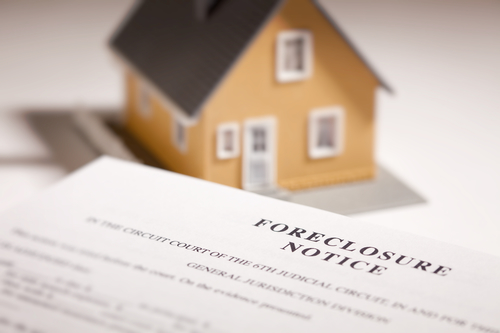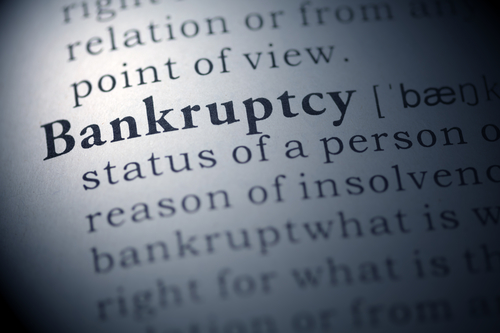ARTICLES BY ROACH & LIN, P.C.
Located in Syosset, NY, Roach & Lin, P.C. has the most experienced professionals in real estate, litigation, foreclosure, and bankruptcy law. Our vast knowledge and experience allow us to effectively take on any case. We do everything we can to better serve our clients and exceed their expectations! To learn more about our practice, please read some interesting articles about New York debt collection and real estate law.
New York Reverse Mortgages: Pre-Foreclosure & Settlement Conferences
New York now requires a notice prior to a foreclosure and mandatory settlement conferences. Reverse mortgages were previously not subject to these statutes.
Three “New” New York Foreclosure Laws Effective December 20, 2016
The number of New York vacant and abandoned houses in foreclosure have skyrocketed in the past few years as a result of the incredibly long foreclosure process in New York, causing a blight on residential neighborhoods and prompting outrage from local municipalities. (See my article - Zombie Foreclosures Are They Coming For You?)
Prior Foreclosure Not An “Act of Acceleration”!
By now, most servicers are fully familiar with New York’s Statute of Limitations and the nuance that it only begins to run on each installment when it becomes due unless accelerated. (See my article about the Statute of Limitations).
What Actually Happens at a Real Estate Closing?
A real estate “closing” is the event where parties meet in order to consummate a real estate transaction. At a typical real estate closing, where one party is selling real estate to another, the parties who will attend the closing consist of the sellers and their lawyer, the buyers and their lawyer, the bank's attorney, the title closer, and one or more real estate brokers.
After Surrendering in Bankruptcy, Contesting Foreclosure not Allowed
Oftentimes, a Debtor files a Bankruptcy petition that will stay a pending foreclosure. Should the Debtor seek relief under Chapter 7, all property of the Debtor becomes property of the Bankruptcy Estate and subject to disposition by the Chapter 7 Trustee, with court approval. Should the Chapter 7 Trustee determine that there is no equity in the mortgaged premises, he/she will “abandon” the property, and title will then revert back to the Debtor. The Debtor must then either pay the secured debt, or “surrender” the property to the Secured Creditor in satisfaction of, at least, the secured portion of the debt.
What is a Home Equity Loan and How Does It Work?
Years ago, banks were not permitted to make second mortgages, and the people who borrowed money secured by a second mortgage were perceived to be in financial difficulty.





